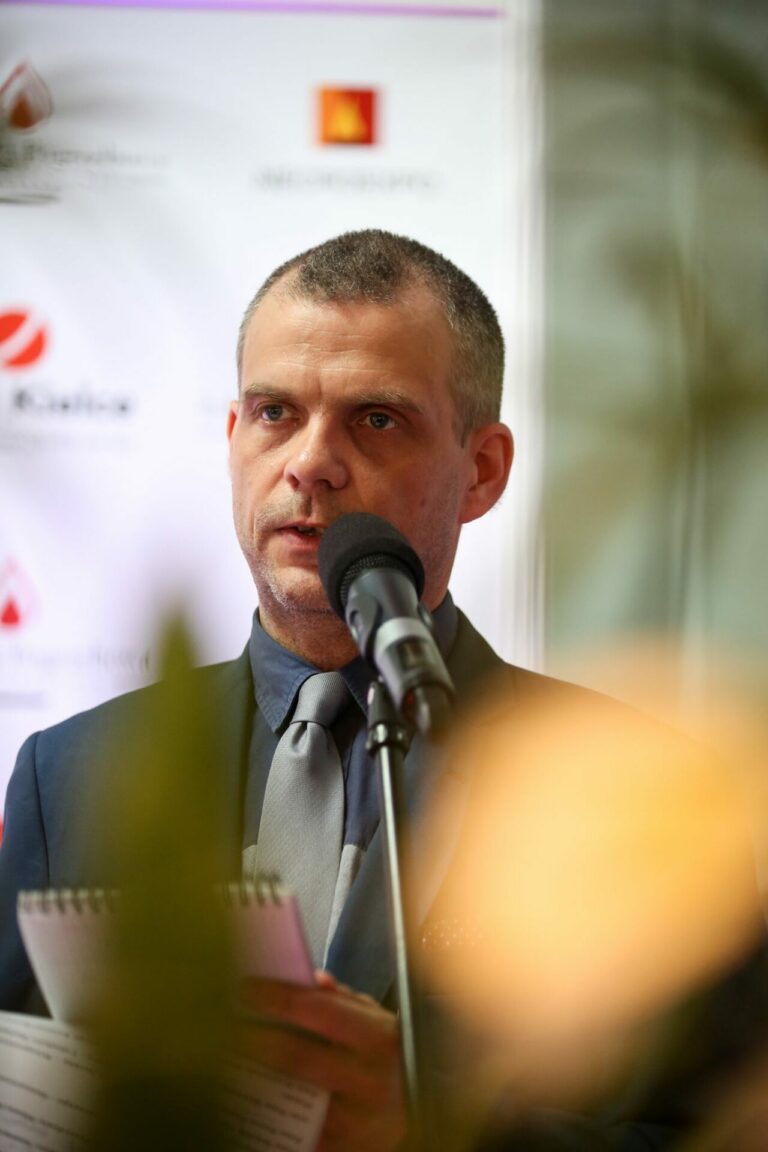This article is on how you can handle critical feedback, but as always, there’s also a story involved.
It’s always pleasant and reaffirming when I find that my client is happy with my work and I am glad that most of my clients have been satisfied enough to keep reconnecting with me for future events. However, there’s the occasional case where things don’t go quite right. Someone is offended by something I said or did or maybe didn’t do. What do I do in such situations? What are the lessons and can I generalize and share them?
Here’s the story. Recently while preparing for an event, I was getting to know how the employees of that company interacted with each other, what their values were, etc. I was privy to a bit of water cooler talk and heard that some of the employees at the company referred to one of the higher executives as Mr. Handsome. It wasn’t anything too significant but since it was a bit of trivia, I kept it in mind. The day of the event, when I was about to introduce that manager to come up on stage, I made a joke by saying, apart from his usual bio and achievements, let’s welcome onstage Mr. X or as some of you might know him, Mr. Handsome.
The room broke into slight laughter and even Mr. X came onstage smiling and gave his presentation. However, later in the day, he found me and told me that he did not appreciate me making that joke. It downplayed his professional achievements and reduced him to just one aspect— his physical attractiveness. I understood what he meant and apologized to him. But after the event, I wondered. Was there a way that I could have avoided creating that uncomfortable moment for him? There was no quick answer but I found one after going through memories of other exchanges, critical and positive feedback both and that is this:
It is a truth of event hosting that if you are a dynamic event host or emcee, i.e. responding to anecdotes and audience or speaker vibes in the moment, there is always going to be a possibility that someone may get hurt or offended at what you say.
It’s the nature of communication that with vitality, there’s the open possibility of misunderstanding or miscommunication. The intended message and more specifically its purpose may not hit the mark on some occasions. The only thing to do in those situations is to genuinely apologize to those whose feelings have been hurt, make amends where it is possible, and move ahead with the lessons.
In a public facing job, sensitivity to context and individuals is non-negotiable. But in each case, interactions are highly nuanced– a balancing act between being pleasant without being insipid, humorous without being offensive, intellectually challenging without being confrontational and so on. Most of the time, I believe I get it right but sometimes, I fail and I fail so miserably that I might appear to be inconsiderate or worse, crude. But the truth is that there is no guaranteed recipe for flawless, meaningful interactions, even for event hosts/emcees. The lesson is to stay humble, listen to the feedback and be aware of the demands of each interaction that you have. It’s a never-ending process really and the lesson of it is that some lessons just cannot be generalized!
Let me end by sharing a story of one of my favourite role models– former US president Barack Obama. Almost a decade back, he got into hot water for calling Kamala Harris “the best looking attorney general in the country” while speaking of her professional accolades and achievements. He apologized for his comment and the story ended there. But as a pattern, a comment being made that can land its speaker and listener in an uncomfortable space or conversation, it is still here. Beyond apology and growth, perhaps there is more to learn from such exchanges and incidents and I for one am still in the process of learning.

